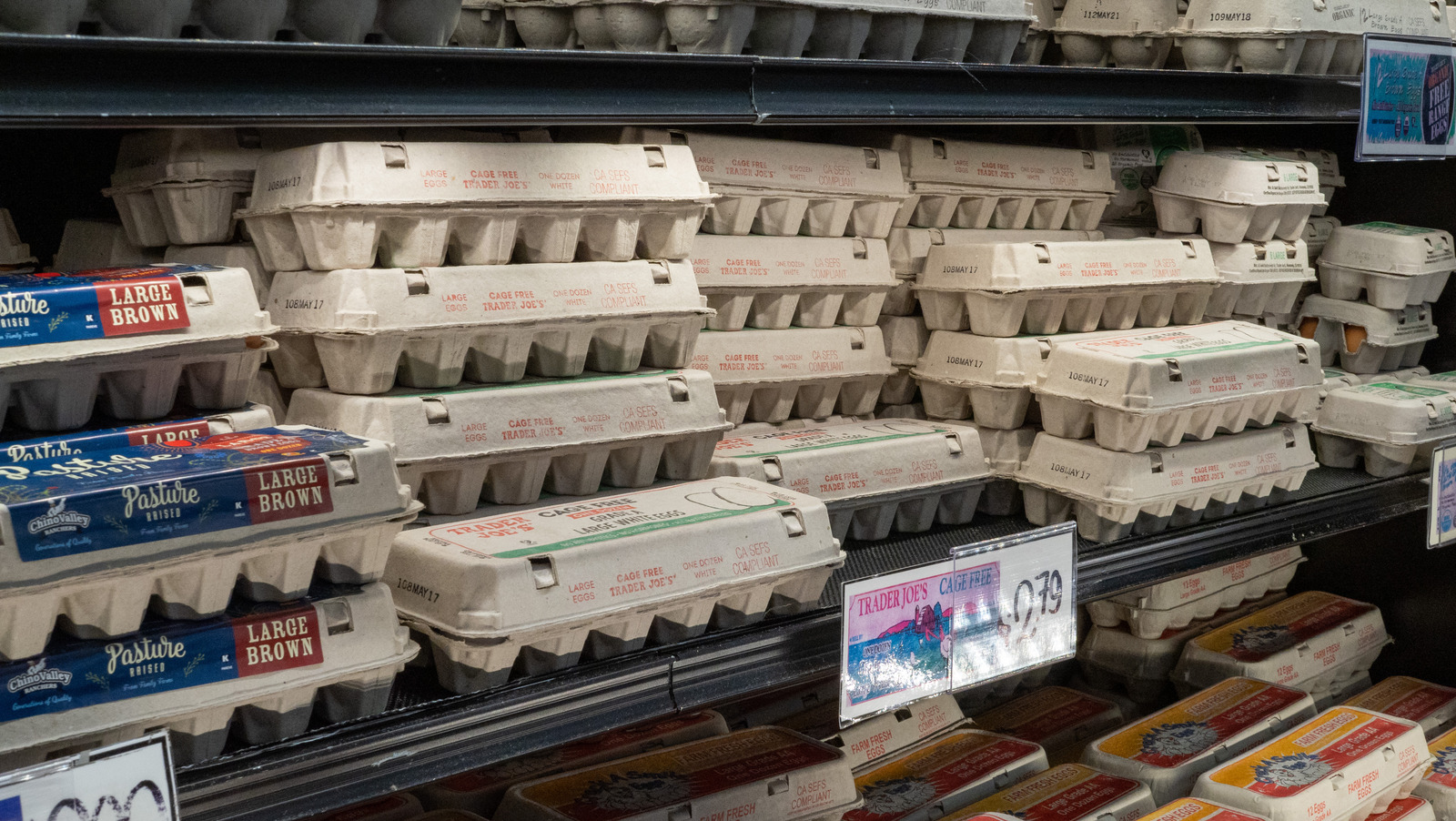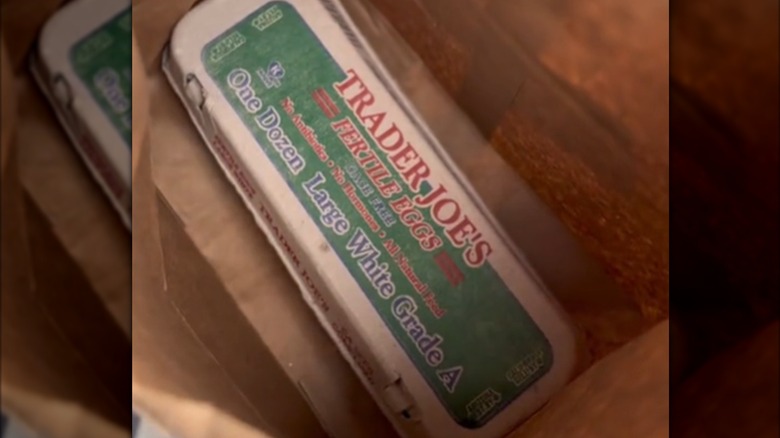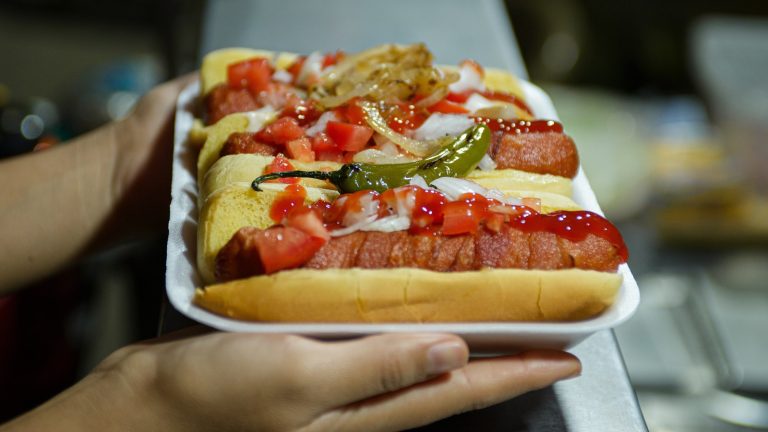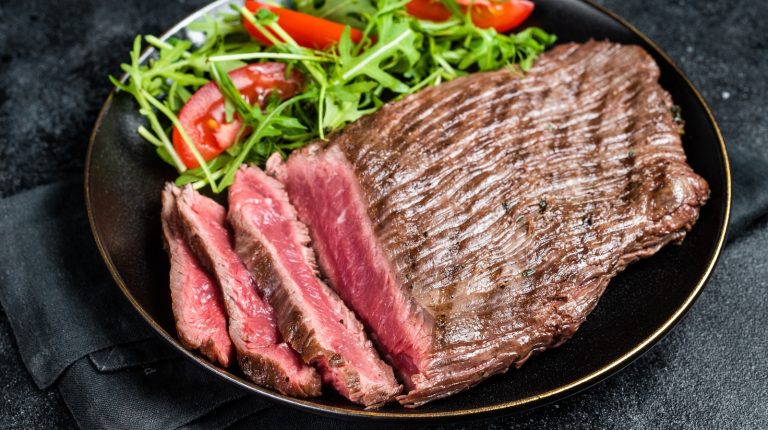Egg shortage, where? Bird flu might have forced Trader Joe’s to put a nationwide limit on eggs per customer, but people have found a way to get a lifetime supply with the purchase of just one carton of the brand’s fertile eggs. While the vast majority of the grocery store eggs are infertile, fertile eggs are perfectly safe to eat — delivering the same taste and nutritional value. The only difference is that you get the added reassurance of knowing that they came from outside of a commercial egg producing facility, where the hens had open access to the outdoors and a rooster present, along with the slightly unnerving awareness that, should they be left somewhere warm for a while, chicks might hatch from them.
Collected from the hens regularly and kept refrigerated, the actual likelihood of your fertile eggs developing into living chicks is not likely. However, should you want a small flock of your own, it is possible to incubate them. People have been doing so with the fertile eggs from Trader Joe’s for years, maintaining the temperature and humidity inside of an incubator and rotating them three times a day for weeks. While the success rate isn’t great, there are people who have had luck. Two years ago, some Redditors reported that about half of their 12 fertile eggs from Trader Joe’s hatched. Last year, a teacher posted to TikTok that three of them hatched for her classroom, while, in another TikTok video, a California mom hatched eight.
The ethics of fertile eggs
Before you go running to check which eggs you bought during your last Trader Joe’s run, take a breath. The only difference between fertile eggs and the kind you normally buy is that the hens that laid them had access to an open environment — just like the cartons you see labelled as cage-free or pasture-raised. The one and only difference is that, along with all the egg-laying lady hens on the pasture, there was also a male rooster hanging around.
However, because the eggs are collected early and refrigerated from that point on, the chicks have not actually begun to develop. If you’re like a lot of people wondering why Trader Joe’s even sells fertile eggs in the first place, it’s no different than the reason why it sells cartons with other labels: It has to do with its customers’ values. As one person who claimed to be a TJ’s employee explained in the comments of a TikTok post, “It’s the ethical issue of separating male and female chickens, so the labels are labelled ‘fertilized’ just in case.”
Some people aren’t comfortable with the idea of having a male rooster around the females, as they can act aggressively. The potential for them to develop into real chicks is also a moral dilemma for vegetarians who eat eggs. Meanwhile, some cultures consider fertile eggs to be a delicacy – case in point Filipino fertilized duck eggs called balut. Having the fertile eggs clearly labelled this way simply means that Trader Joe’s shoppers don’t have to pay money to support something they think is unethical.





